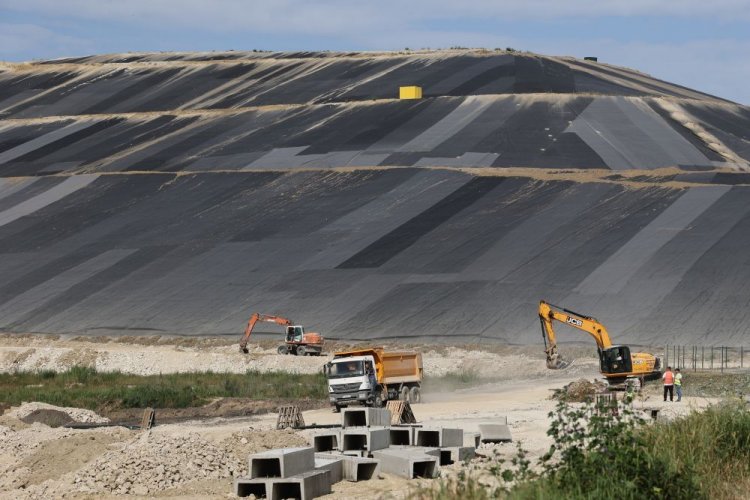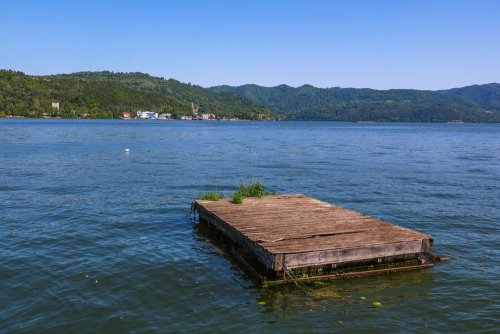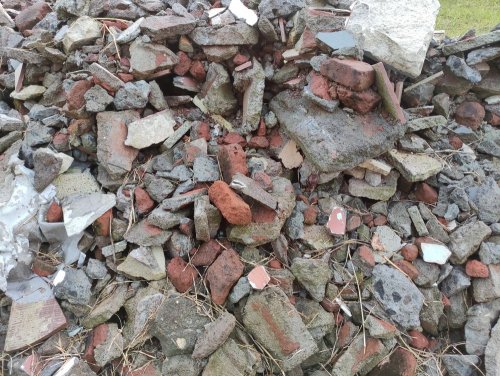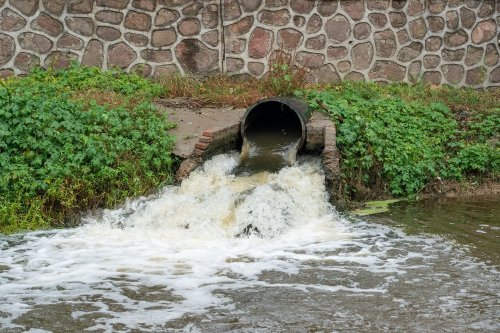Almost 10 years have passed since the tragedy at the Hrybovychi landfill, but by 2025, Lviv will be able to get rid of this black spot on the map by reclaiming the landfill.
EcoPolitic has prepared an article on the past and future of the Hrybovychi landfill.
The Hrybovychi landfill caused inconvenience to the residents of the village of Velyki Hrybovychi because it emitted an unpleasant odor and poisoned the soil and water. Due to the inaction of the authorities, residents repeatedly protested against the transport of waste to the landfill in 2016. They blocked the passage of garbage trucks that were supposed to unload waste at the landfill.
Immediately after the tragedy in 2016, Lviv Mayor Andriy Sadovyi announced that construction of a waste processing plant would begin to eliminate the waste problem. However, the Lviv authorities delayed the construction process for a long time. Officials officially cited a lack of budget funds and problems with allocating land for construction.
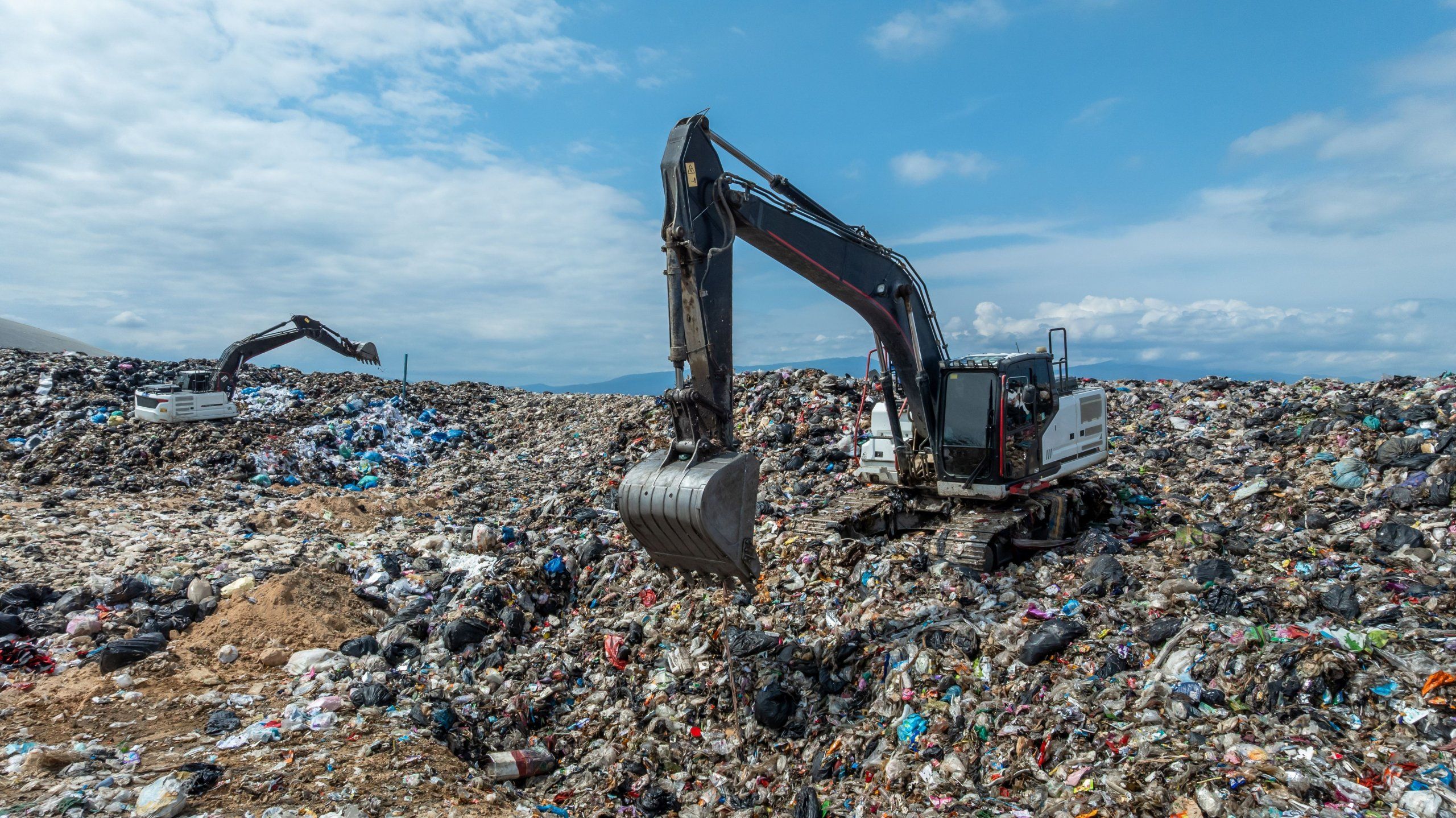
Photo: shutterstock.com
The fire at the landfill in Lviv caused a major problem with waste disposal. In the city, especially in 2016-2017, it was increasingly common to see overflowing trash cans, the streets became noticeably dirtier, and an unpleasant smell appeared.
The garbage collapse in Lviv led to Lviv's garbage being transported to other regions of Ukraine, causing controversy. Garbage from Lviv ended up in southern Ukraine, as well as in the cities of Mykolaiv and Dnipro. Subsequently, the organizers of such shipments began to be punished under the Criminal Code due to complaints from local residents.
According to experts, the waste will be compressed and sorted before being transported to the Hrybovychi landfill, which will prevent waste from shifting. The government has also allocated a site for the long-awaited construction of a waste processing plant.
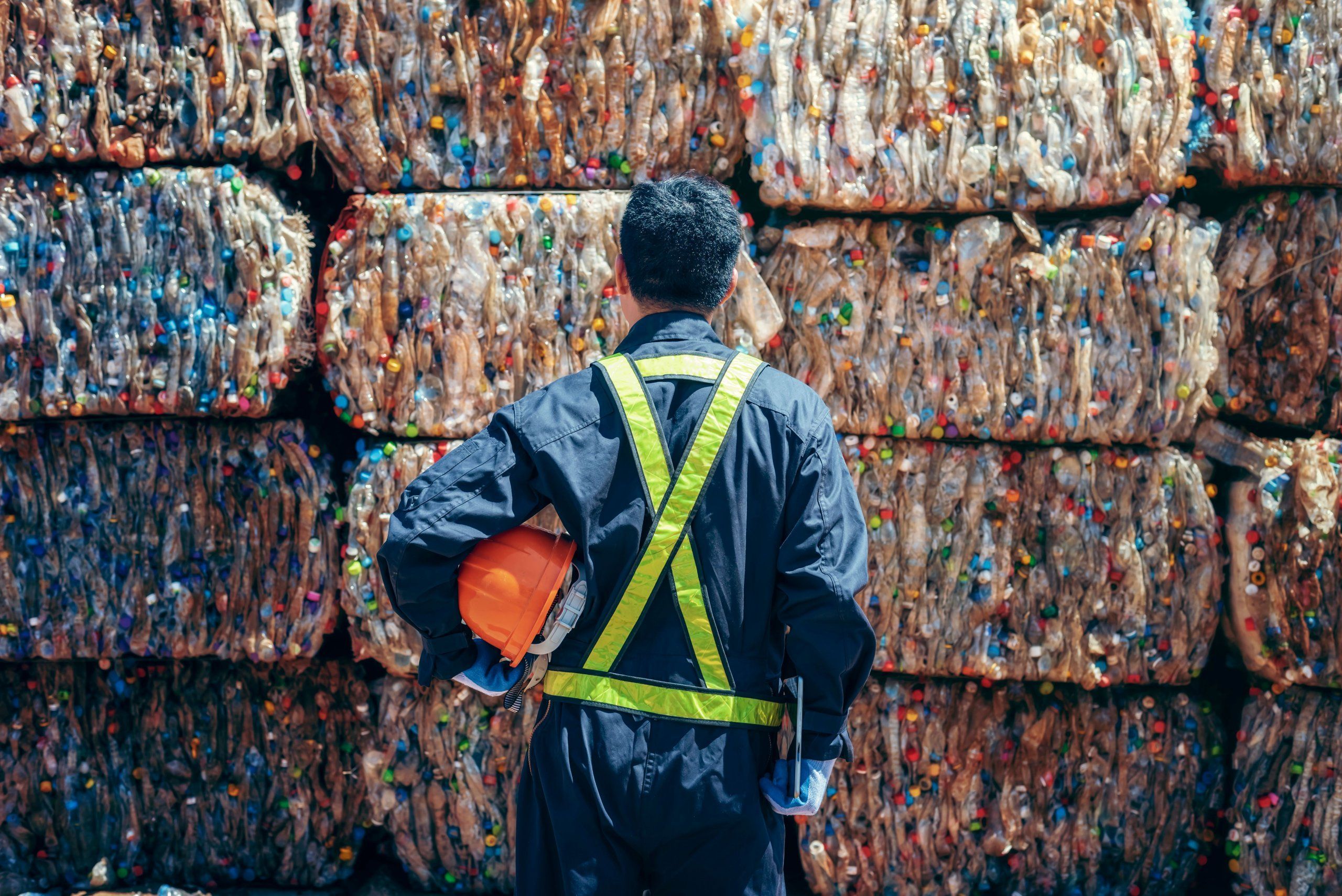
Photo: shutterstock.com
Since 2020, recultivation has been underway at the Hrybovychi landfill, which will prevent further soil contamination and improve the lives of local residents.
"This is one of the largest landfills in our country. The first phase of reclamation took quite a long time because it was complicated and there were many things we didn't know how to do. The second phase of reclamation involves half a meter of soil, which will completely cover the entire landfill. In addition, every hour we generate 400 kilowatts of electricity here, which we obtain by processing biogas," says Lviv Mayor Andriy Sadovyi.
In the first half of 2025, the first phase of reclamation was completed at a total cost of almost €18 million. The second stage is planned to be completed by the end of 2025, with an estimated cost of almost €9 million.
Construction of a waste processing plant
Construction of the waste processing plant officially began in 2021, and the facility was scheduled to be commissioned in 2023. However, due to the full-scale invasion and problems with the contractor, the deadlines were postponed. The project is financed by the European Bank for Reconstruction and Development, and the contractor is the Polish company Control Process S.A.
“80% of the construction work has been completed, 45% of the equipment has been delivered, it has been manufactured and our experts have seen it physically in Turkey, it will be gradually delivered here, completing the physical work on site, and the plant should start operating this year,” said Andriy Sadovyi.
Experts have estimated the cost of building the plant at €35 million. Of this, €10 million is a grant from the EBRD, almost €15 million is a loan, and the rest will be covered by the city budget of Lviv. According to experts, the total cost of construction with all additions could reach more than €45 million.
Earlier, EcoPolitic reported that the old landfill in Lviv is planned to be turned into a green park, and the new one will be supplemented with a recycling plant.

